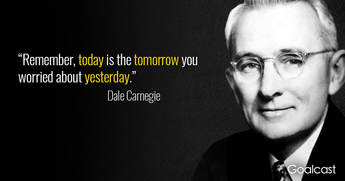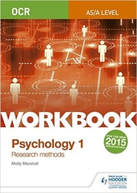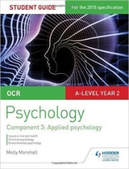
Independent Learning

The national expectation of the work an A Level student should be doing independently follows the 'Carnegie' model - for every hour in a lesson with a teacher, the student should be doing 2 hours of independent work. This independent work can be:
- Prep / Homework
- Preparation for lessons
- Using Private Study sessions
- Revising your knowledge and skills
- Practising your skills
Independent Learning: Psychology
|
Supplementing class and homework with independent learning is the ONLY way to secure a credible grade.
Research further - Best Websites Research further - Best Youtube videos
Complete the exercises in your textbook and Revision workbooks
Practise further with text / revision books
|
| ||||||
Prep
- Prep is set by all of your Psychology teachers.
- There are 2 parts to prep: doing it and handing it in on time
- You can only email the teacher your prep IF you have been given permission to do so.

Preparing for your lessons is the best preparation you can do.
1. Be aware of what you will be doing in class during the next lesson - use the Psychology calendar to help you.
2. Find out what materials you will need - folder? textbook? Scientific calculator?
3. Get an understanding of what will be done during the lesson - read the textbook, watch a YouTube clip.
4. Identify where you need the teacher (or other students) to explain the topic in greater detail.
1. Be aware of what you will be doing in class during the next lesson - use the Psychology calendar to help you.
2. Find out what materials you will need - folder? textbook? Scientific calculator?
3. Get an understanding of what will be done during the lesson - read the textbook, watch a YouTube clip.
4. Identify where you need the teacher (or other students) to explain the topic in greater detail.
Private Study (PVS)
| Download Mr Pennycook's talk on Independent Learning | |
| File Size: | 1730 kb |
| File Type: | |
As an 'advanced' learner, you need to plan your independent work for it to be effective. Your private study sessions must be used to good effect.
- Amend your timetable to assign at least 1 subject to each PVS
- Note which teachers are free for each PVS you have - your Psych teachers will be more than happy to discuss your work with you at that time
- Identify which topic you will work on in each PVS at the start of the week or the night before each day.
- Don't sit with friends, unless you will be working with them directly
- Don't listen to music - Grant tells us that listening to music while learning does not help you if your exams are in silence (which they are).






